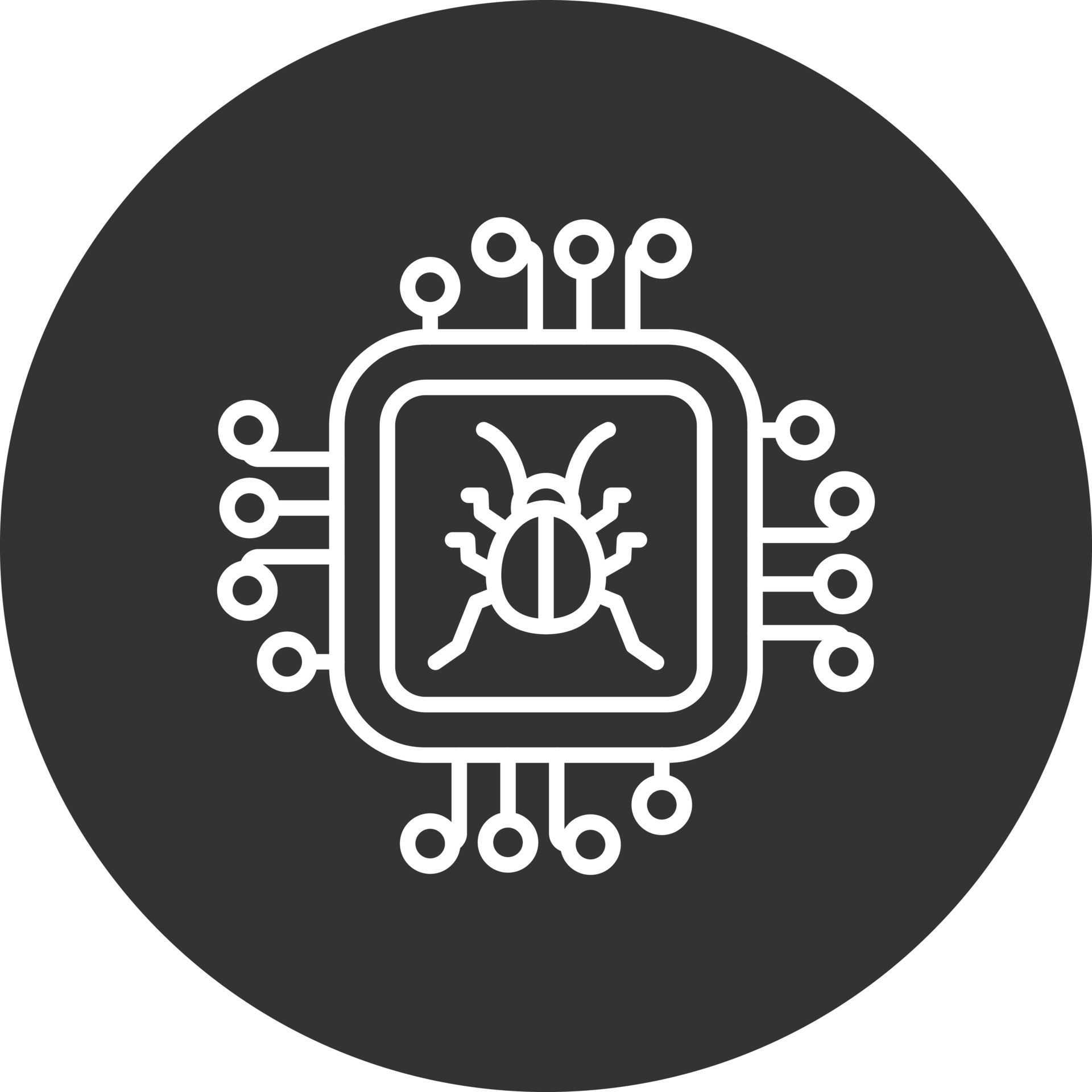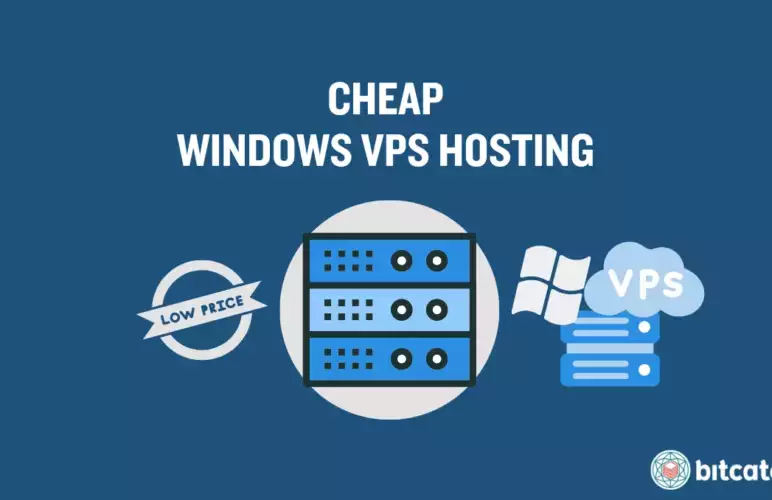The Top Antivirus Solutions for Linux Servers and Various Operating Systems in 2024
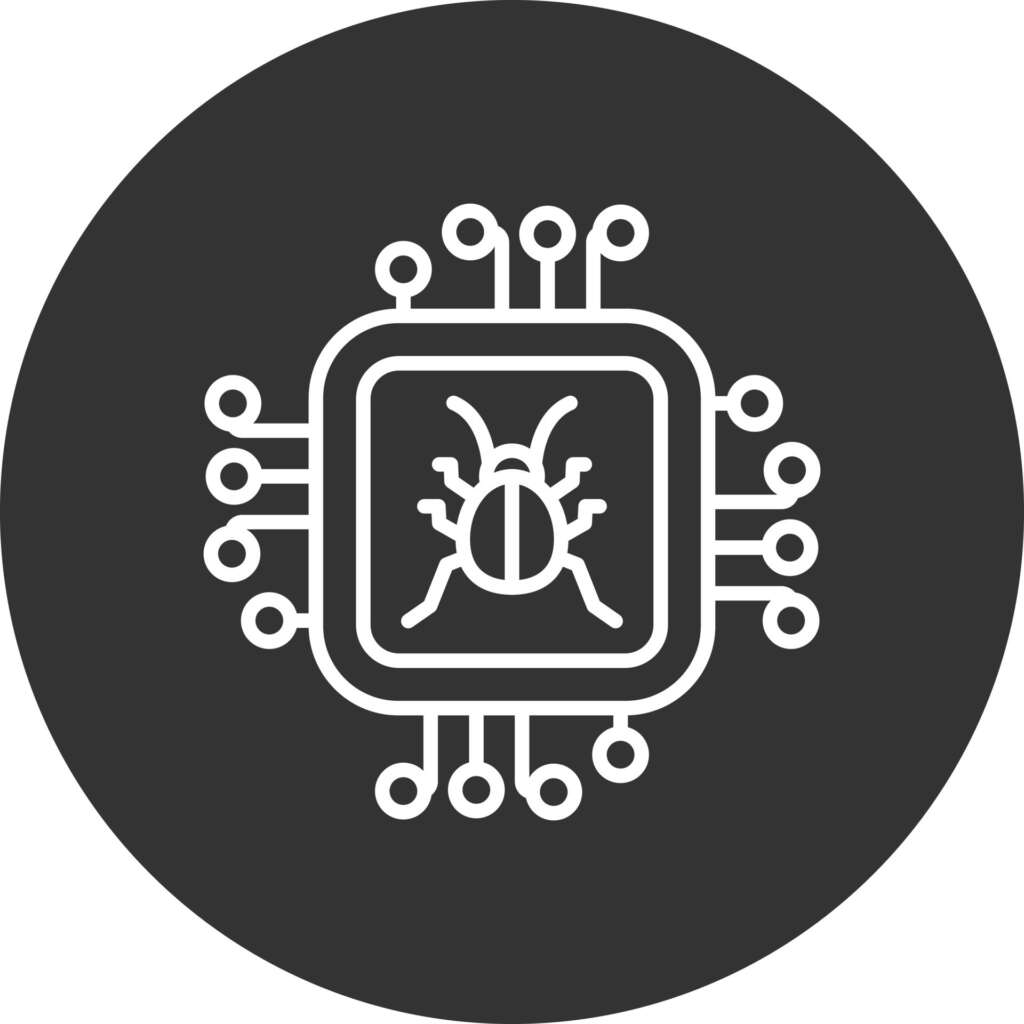
Numerous factors contribute to Linux being acclaimed as the optimal operating system for cybersecurity. Its efficiency, size, and robust community support make it a staunch advocate for open-source software.
However, consistent across all platforms is the need for robust protection. So, what type of security measures should you consider?
In this piece, I’ll direct you toward the optimal antivirus solutions for Linux and other widely used operating systems. The notion that Linux antivirus provides superior safety compared to Windows has likely reached you, and now you’re eager to explore it firsthand.
Jump To...
Primary Categories of Cyber Threats Aimed at Linux and Security Measures
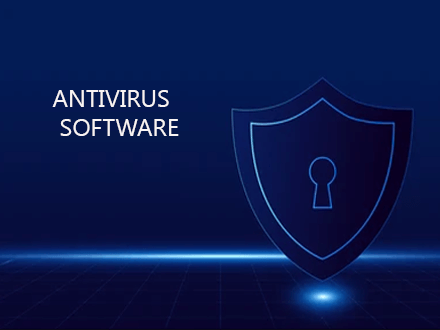
The security advantages of operating an enterprise-grade Linux server likely surpass those of a conventional home or small office computer. Nevertheless, cyber adversaries have been consistently observed targeting Linux servers, deploying malware to attain system-level access to confidential information.
While Windows servers are frequently targeted by hackers, the popularity of Linux distributions has made Linux servers increasingly attractive. The incidence of attacks on Linux servers has witnessed a substantial rise in recent years, with threat actors employing diverse techniques for their operations.
Consequently, Linux server security is now a concern not only for small businesses and large organizations but also for the average home user who is exposed to cyber threats.
Hence, it becomes crucial to comprehend the nature of attacks directed at Linux servers and implement preventive measures to safeguard your systems and business data.
Here are six categories of assaults on Linux servers that demand attention:
1. Ransomware Targets Virtual Machine Snapshots
2. Incidents of Cryptojacking are on the Rise
A prevalent form of Linux malicious software is cryptojacking, with XMRig and Sysrv standing out as prominent crypto-mining families. SonicWall’s examination reveals a 19% surge in activities in 2021 compared to 2020. Particularly, cryptojacking escalated by 709% and 218% for individuals in the healthcare and government domains, respectively.
3. Three malware lineages, namely XorDDoS, Mirai, and Mozi, focus on compromising IoT devices.
The majority of IoT devices operate on Linux Mint, with a few outliers, and their uncomplicated nature might render them susceptible. Per CrowdStrike, there was a 35% surge in malware targeting Linux devices and file servers in 2021 compared to 2020.
Three malware lineages, comprising XorDDoS, Mirai, and Mozi, contribute to 22% of the overall figures. These malwares consistently infect devices, assemble them into a botnet, and subsequently utilize the botnet for executing DDoS attacks.
4. Linux-Based Malware Aiming at Windows Systems
The Windows Subsystem for Linux (WSL), part of Windows facilitating the native execution of Linux binaries, acts as a conduit for Linux malware to target Windows systems. WSL installation requires manual steps or enrollment in the Windows Insider program, but with privileged access, attackers can accomplish this.
Cloud security startup Qualys explored the potential for launching attacks or establishing persistence on a Windows system. Two previously examined strategies were proxying execution and utility installation, with the conclusion that both are highly feasible.
5. Detecting Fileless Cyber Intrusions Poses a Challenge
Various threat actors, TeamTNT among them, have adopted Ezuri, an open-source tool crafted in Golang, as reported by security experts from AT&T’s Alien Labs. Attackers leverage Ezuri to encrypt malicious code, and the payload is executed directly from memory post-decryption, leaving no footprint on the disk. This characteristic makes it intricate for antivirus software to detect and identify these attacks.
6. State-Sponsored Attacks Directly Targeting Linux Ecosystems
Security analysts overseeing nation-state entities observe a rising emphasis on Linux environments. As per Ryan Robinson, a security researcher at Intezer, “Numerous Linux malware instances emerged with the onset of the Russian-Ukrainian conflict, including wipers.”
Cyfirma reports that just preceding the event, the Russian APT group Sandworm purportedly targeted Linux computer systems of institutions in the UK and the United States.
Advantages of Employing Antivirus Solutions
Antivirus software has a long history, evolving into more advanced forms over the years. These programs now offer heightened protection against the devastation caused by malware, safeguarding cherished memories, music and photo collections, as well as vital documents on various devices. It is imperative to ensure that your security infrastructure is equipped to thwart the latest threats.
In contemporary times, antivirus solutions are significantly more potent, particularly when coupled with additional security measures like firewalls and anti-malware tools such as Malwarebytes Anti Malware (MBAM).
The following outlines some advantages of employing a sophisticated antivirus on your device:
- Detecting, resisting, and eliminating malware, viruses, and ransomware attacks through their permission-based architecture.
- Mitigating identity theft, combating fraud, and addressing phishing attempts through behavior analysis.
- Monitoring the Dark Web to identify potential hijacking of email accounts.
- Providing alerts regarding potentially harmful webpages and URLs before clicking.
- Encrypting secure passwords to fortify internet account protection.
- Offering fundamental guidance to enhance online threat awareness for you and your family.
- Adjusting computer settings to ensure smooth and secure operation.
Free and Paid Antivirus Solutions for Linux
While free antivirus tools can offer fundamental malware protection and address some basic needs, opting for a paid solution is advisable for reliable and comprehensive security.
It’s crucial to consider that antivirus companies need to generate revenue, either through paid versions or by utilizing your sensitive data. Consequently, an untrustworthy antivirus provider may compromise your data by selling it to hackers or external entities.
Moreover, some free antivirus software may come with pop-up advertisements or even include risky applications that can expose you to malware—a situation you definitely want to avoid with antivirus protection.
If you prefer a free service, opt for reputable and trustworthy companies like TotalAV that offer excellent and reliable free antivirus services. While they may encourage you to upgrade to a premium version eventually, they won’t jeopardize your security.
However, be prepared for significant limitations and fewer features as you may only have access to basic system scans with free plans. Premium plans typically offer advanced features such as customized scanning, enhanced malware protection, and robust firewalls.
Top 7 Linux Antivirus Solutions for Your Enterprise in 2024
Linux gains popularity due to its user-friendly installation, customization options, and a broad range of capabilities. However, detecting and preventing viruses and malware on the Linux platform can be challenging.
Thankfully, various antivirus applications cater to the Linux OS. Some offer comprehensive protection against viruses and malware, while others specialize in specific threat types. Certain solutions focus on cloud-based virus and malware scanning, and others provide user-friendly installations and management through graphical interfaces or command line tools.
Consequently, many Linux users find it challenging to select the right antivirus program to shield their files and data from infections.
Following extensive testing of the leading Linux antivirus software, our team of experts has curated a list of top antivirus solutions for Linux. The rankings consider factors such as performance, features, user-friendliness, customer support, and more.
1.Bitdefender Antivirus Plus 2020
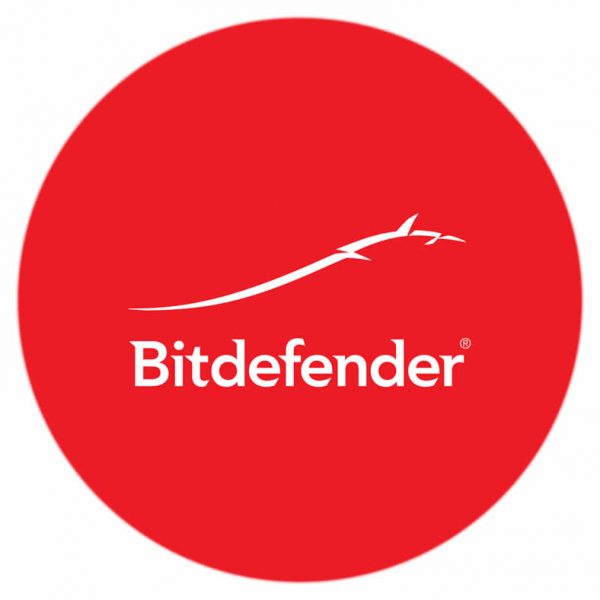
Bitdefender Antivirus Plus 2020 stands out as a premier antivirus solution for Linux, providing a plethora of robust functionalities. In my assessments, its artificial intelligence-driven antivirus scanner achieved a perfect 100% detection rate for malware, encompassing malicious files designed to operate on Linux, Windows, and macOS. Additionally, its on-access scanner delivers comprehensive real-time protection for advanced users.
A notable capability is Bitdefender’s Control Center, a centralized cloud-based management solution. This allows any user to oversee firewalls, app sandboxing, website filters, and more, while establishing security policies to ensure the integrity of their system.
In my evaluations, Bitdefender’s firewall demonstrated significantly enhanced efficacy. It excelled in eradicating viruses and thwarting incoming connections, surpassing the default security features of Linux, including Ubuntu’s Uncomplicated Firewall (UFW) tool. Bitdefender showcased superior accuracy in identifying port knocking, outgoing scripts, man-in-the-middle attacks, and other potential risks compared to UFW.
Furthermore, this Linux antivirus incorporates a primary Command Line Interface (CLI) option. Users can utilize a variety of commands in the graphical user interface for on-demand scans, inspecting suspicious files, reviewing blocked files, examining historical security events, and checking Bitdefender’s version and status on their Linux machine.
The pricing details are illustrated in the screenshot below:
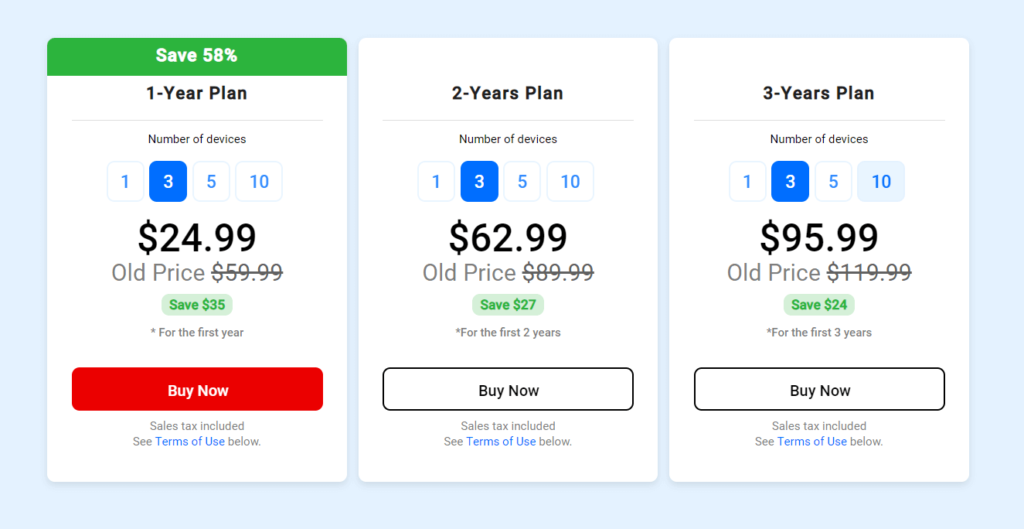
Additionally, Bitdefender provides a 30-day refund policy for all its subscription plans.
2. Kaspersky Antivirus software
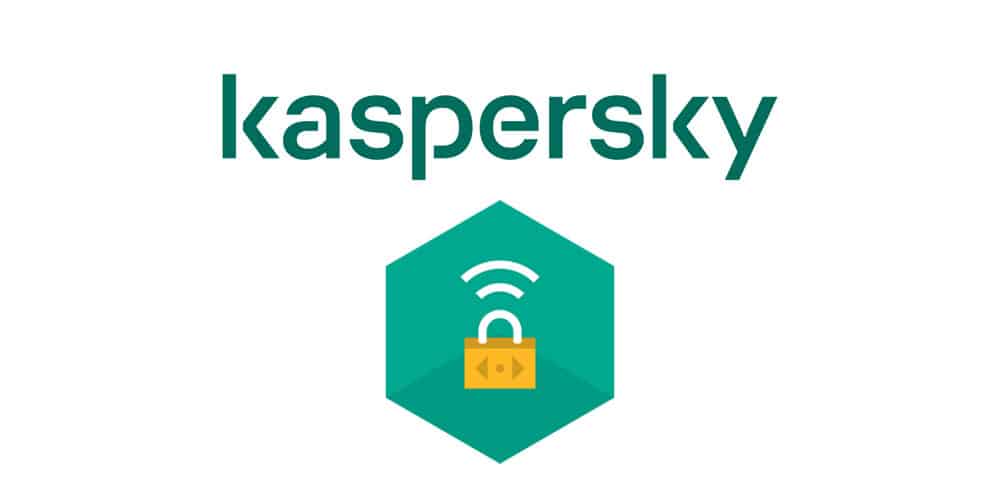
Kaspersky Endpoint Security stands as a reputable antivirus solution for Linux tailored for IT environments. In my evaluations, Kaspersky Endpoint Security successfully detected and eliminated every hidden malware sample across my interconnected Linux, Windows, and Mac devices.
These encompassed malware concealed in boot sectors, file servers, portable devices, and system memory. Furthermore, Kaspersky’s malware scanner effectively identified and quarantined malware targeting my Internet of Things (IoT) devices, including a Facebook Portal and Google Nest Hub.
The software offers a robust malware scanner, ransomware protection, a firewall watch, and various other features. While the Endpoint Security Cloud plan proves optimal for enterprises, hybrid IT environments incorporating Linux, Windows, and Mac computers gain substantial benefits from its access control, server security, and gateway monitoring tools.
The pricing details are depicted in the snapshot below:
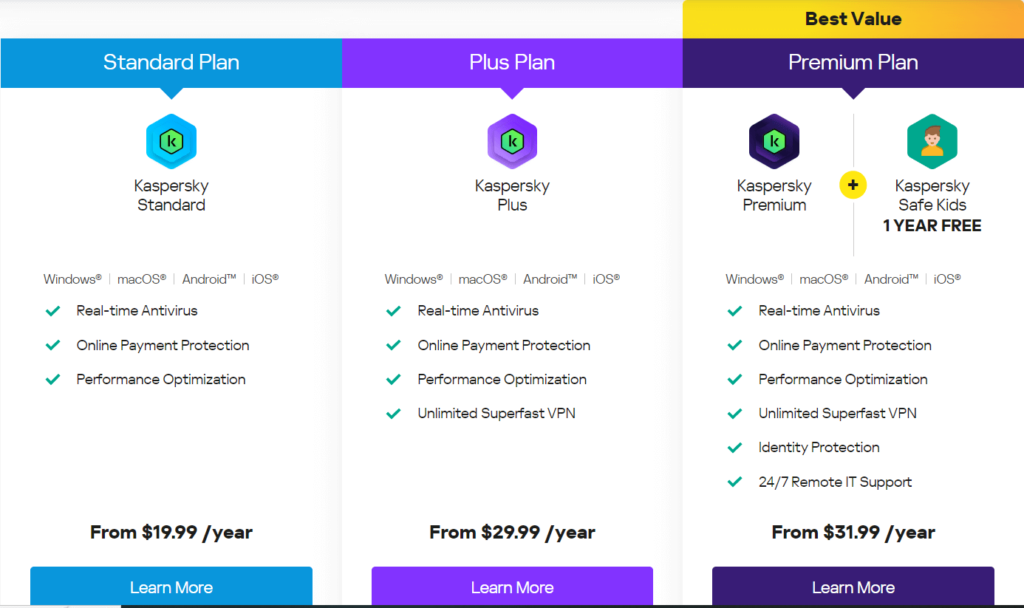
Additionally, Kaspersky’s Linux products come with a 30-day money-back guarantee.
2. Malwarebytes for Business

Malwarebytes EDR stands as another outstanding Linux antivirus, seamlessly integrating the preventive capabilities of the Endpoint Protection solution with a range of supplementary tools such as password managers to detect, isolate, investigate, and eradicate infections.
Businesses benefit from real-time protection against security vulnerabilities, encompassing malware, ransomware, zero-day exploits, phishing, and other threats. The defense against Brute Force Attacks, capable of disrupting operations, is also a notable feature.
EDR operates on the Nebula platform in the cloud, ensuring centralized control while minimizing the physical footprint of the agent on each terminal. Regarding remediation, the EDR solution segregates malicious code at the network, process, or terminal level. This allows for conducting investigations in case of an infection without exposing the business to additional risks.
Users can impede the spread of malware by remotely and securely detonating malware in a sandbox environment, utilizing accelerated research processes. The 72-hour Ransomware Rollback functionalities enable users to revert to a pre-ransomware state without the need for reimaging workstations or recreating encrypted information.
The pricing details are illustrated in the image below:
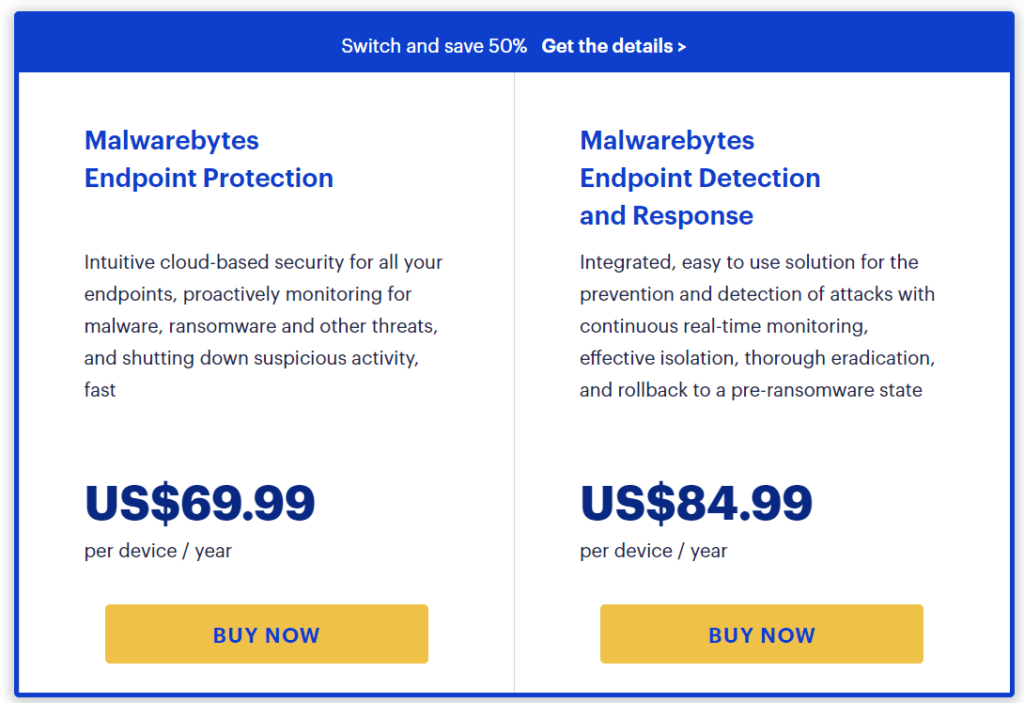
Moreover, Malwarebytes business offers a 14-day risk-free trial for interested users.
4.McAfee Endpoint Security
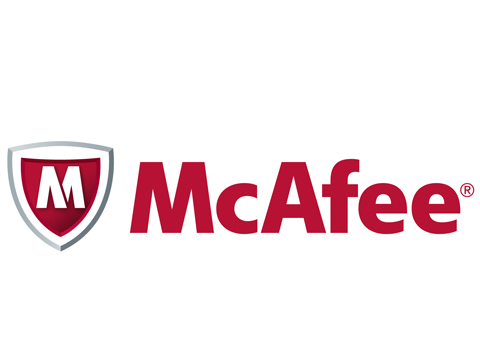
McAfee Endpoint Security stands as an outstanding antivirus solution for Linux, delivering leading-edge protection and streamlined implementation across your diverse endpoint network.
Throughout our assessments, IT administrators were spared the manual task of conducting scans for each web server and workstation, thanks to McAfee’s VirusScan Enterprise for Linux performing scans on-access and in real-time. Operating seamlessly in the background, McAfee VirusScan effortlessly identified malware upon entering our network.
It is noteworthy that the McAfee solution successfully detected malware on Linux desktops, servers, as well as Windows and Mac machines. Furthermore, it employed algorithmic scanning to identify and halt novel malware strains even before their inclusion in malware databases.
The significance of McAfee’s corporate antivirus solution protecting IT systems from malicious activities, irrespective of the endpoint’s operating system, cannot be overstated, especially in hybrid enterprise environments.
McAfee VirusScan continuously scrutinized our IT infrastructure’s network traffic for potential threats. Its primary objective is to keep malware and other hazards at bay from the network while also endeavoring to impede malware propagation and thwart hackers from compromising a terminal to gain control over the network.
Explore the features and pricing of McAfee’s premium versions through the screenshots provided below:
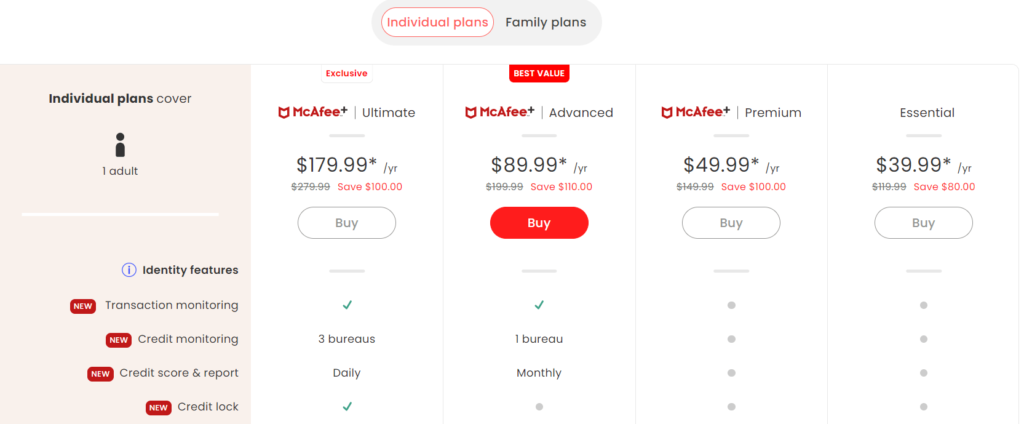
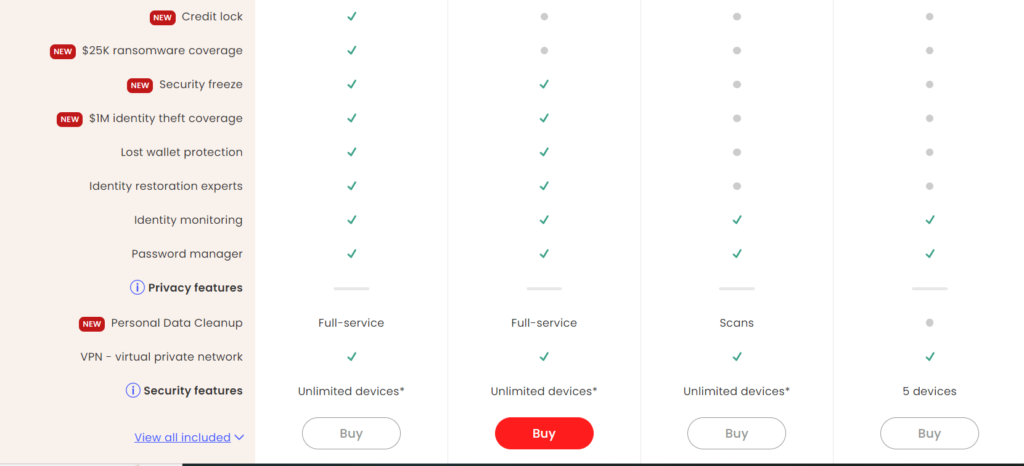
Finally, this Linux antivirus solution provides a 30-day free trial for end-users to assess its compatibility with their enterprise.
5. Avast Ultimate Business Security - Antivirus for Linux
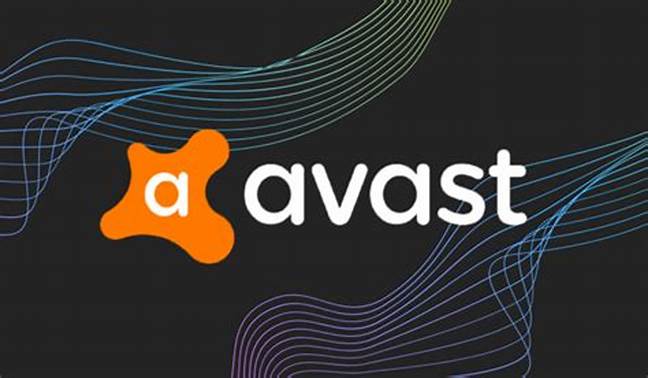
Avast Ultimate Business Security stands as a robust monitoring and defense solution tailored for online businesses, safeguarding and updating both hardware and software.
During our evaluation on Linux-based servers, we observed that Avast necessitates consistent updates to its malware database for effective antivirus functionality. This ensures the recognition of even the most recent malware attacks.
As per Avast’s website, all its Linux security products are designed to automatically retrieve updates at regular intervals, eliminating the need for manual software updating.
Our experience indicated that the update packages were minimal, each being less than one MB in size. Even when concurrently using the Linux-based file server and mail server during updates, the impact on the mail server’s speed was negligible. This allowed us to seamlessly continue our work on the mail server without any disruption.
The displayed image below illustrates the pricing details for Avast Business:
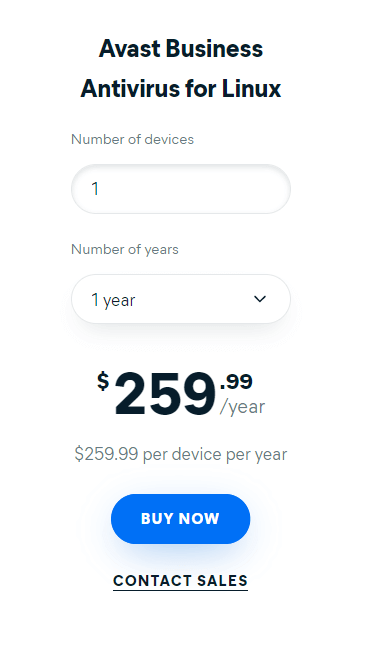
To assess its ability to detect threats and offer real-time protection for your file server, you can explore its 30-day trial period without any associated risks.
6. ESET Advanced Protection
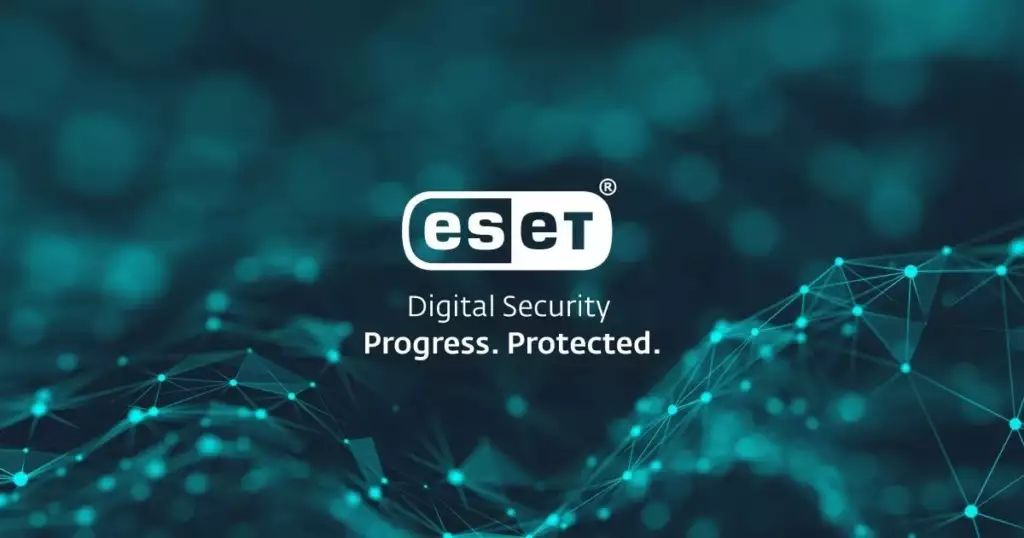
Through this Linux variant of antivirus, your business’s endpoints, mobile devices, and servers receive protection against previously undiscovered threats. It fortifies data security through its permission-based architecture and operates seamlessly on the ESET PROTECT Platform, effectively balancing breach detection, response, and prevention.
Cloud sandboxing and advanced threat defense play a pivotal role in mitigating ransomware and zero-day threats. Leveraging sophisticated scanning, machine learning, cloud sandboxing, AI, and comprehensive behavioral analysis, it achieves the highest detection rates with minimal false positives.
The user interface is user-friendly, providing centralized visibility, administration, and insights across all ESET Business security solutions, various environments, and operating systems. Whether deployed on-premises or in the cloud, the software installation and execution process can be completed in a matter of minutes.
Refer to the image below for a depiction of the pricing plans for ESET Internet Security:
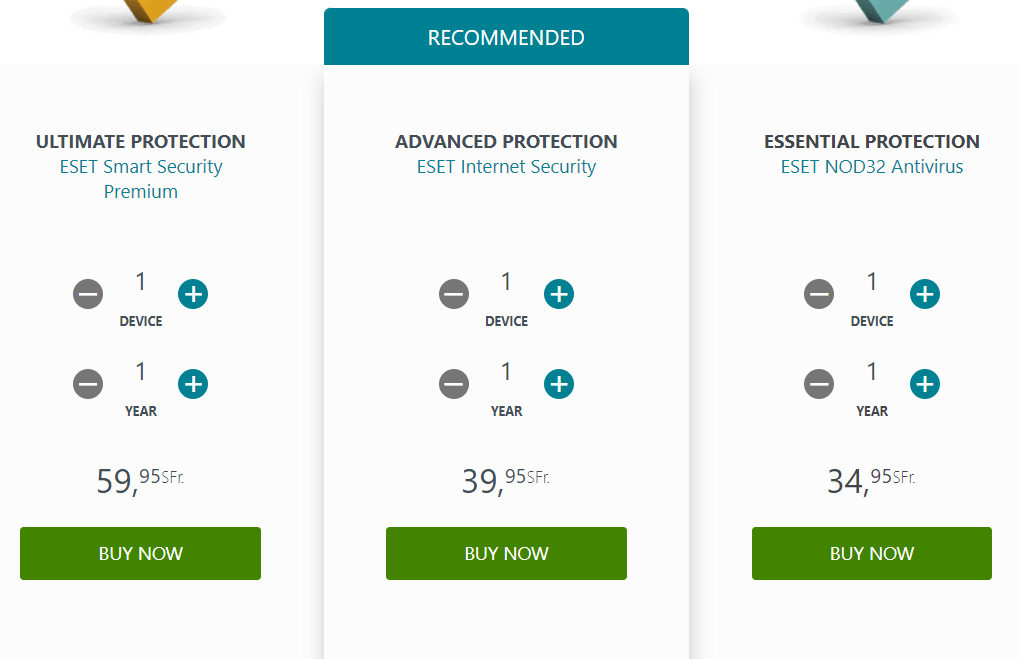
It also provides a 30-day trial period without any associated risks for users to evaluate its effectiveness.
7.Sophos Intercept X: Next-Gen Endpoint
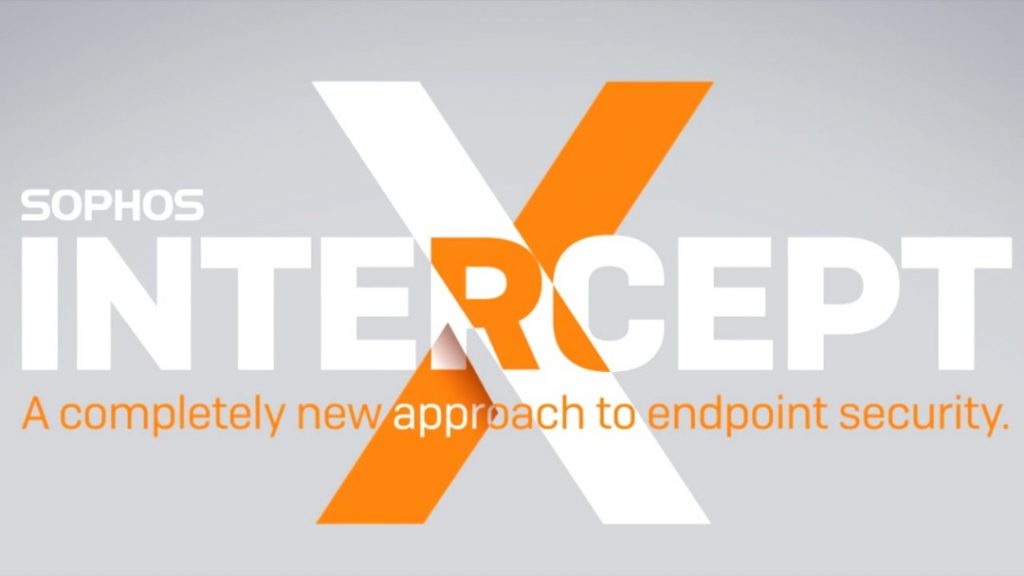
Sophos Intercept X emerges as the leading solution for malware detection and protection on Linux in 2024. It employs advanced methodologies and a distinctive malware database to identify and eliminate diverse forms of malware.
Throughout my testing, Sophos consistently demonstrated outstanding malware detection rates for both the malware scanner and comprehensive defense. It not only identified every Linux-based malware on my system but also completely eradicated malware samples designed for Windows and Mac from my Linux machines.
Sophos Anti-Virus for Linux boasts user-friendly features. Its capabilities can be administered through a command-line interface and Sophos Central, a web-based administration platform equipped with an uncomplicated graphical user interface (GUI). However, it’s noteworthy that support for Sophos Central will cease in July 2024, and only the CLI will be available thereafter.
Sophos Intercept X is well-supported by popular Linux distributions, including Red Hat, SUSE, and Ubuntu. Additionally, it ensures compatibility with the customized variations of these distros.
The three paid plans for Sophos Intercept X are illustrated in the screenshot below:

Explore the distinctions in features among the paid versions of Sophos Intercept X by referring to the screenshots provided below:
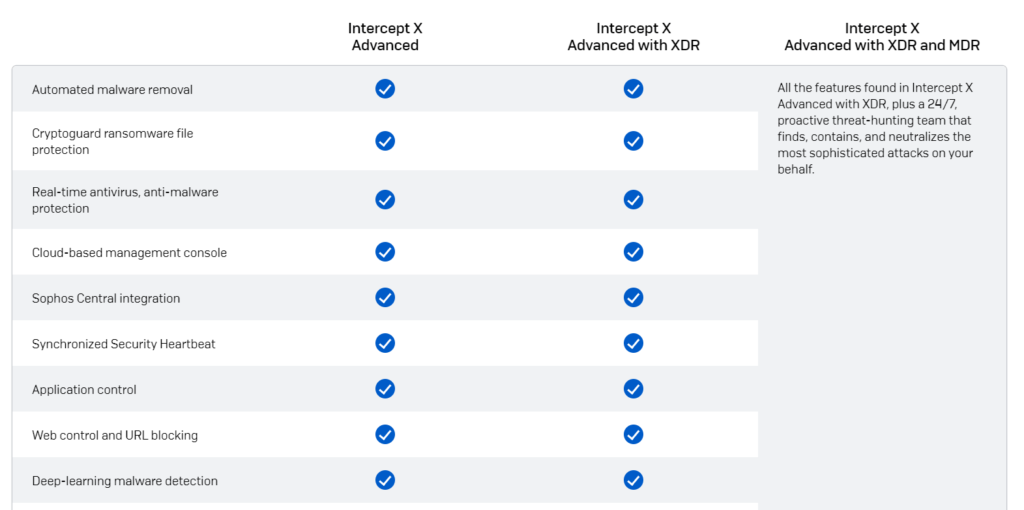
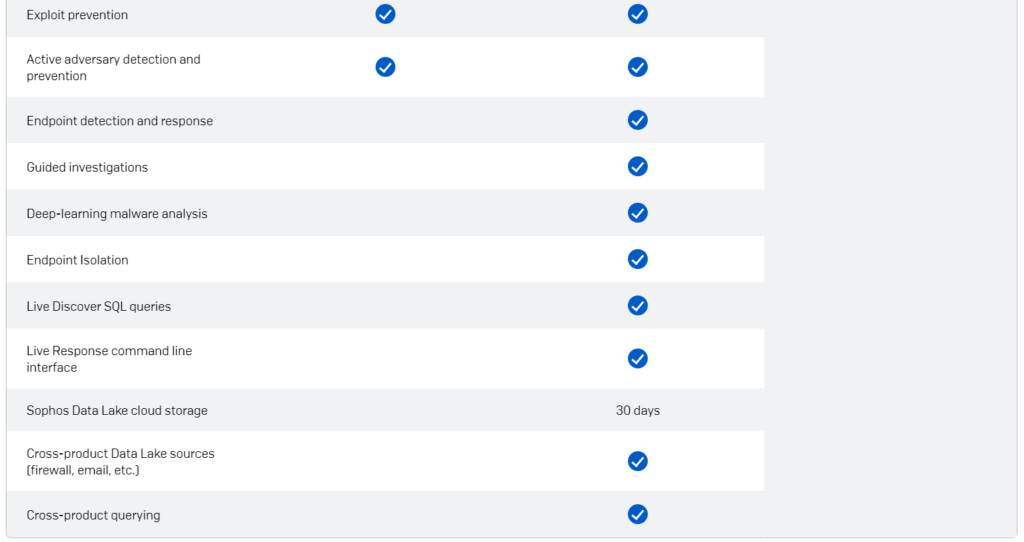
A 30-day trial of Sophos Intercept X is accessible for the Linux operating system. Following the trial period, you can opt to engage with a reseller who will provide a customized estimate based on your specific requirements.
Top Antivirus Solutions for Various Operating Systems
Numerous antivirus solutions support diverse operating systems. However, antivirus applications specifically designed for individual operating systems tend to exhibit superior performance.
Following extensive testing, Bitdefender Antivirus Plus emerged as the top pick for the most prevalent operating system. Alongside a complimentary version, it boasts an array of features and outstanding virus detection rates.
Furthermore, a compilation of the leading antivirus programs for each operating system is detailed below:
Windows antivirus software:
Majority of vendors prioritize developing applications for Windows, focusing on feature-rich offerings. Following assessments across various vendors, our findings indicate that the most effective antivirus software for detecting Windows malware encompasses Vipre Endpoint Protection, ESET PROTECT Complete, Malwarebytes for Teams, Kaspersky Endpoint Security Cloud, and Panda Small Business Protection.
As your online presence flourishes, scalability becomes crucial. VPS hosting enables seamless resource scaling to accommodate growing demands. Whether you’re expanding your business, experiencing a surge in visitors, or launching new features, VPS provides the flexibility to adapt without a hitch.
While dedicated hosting offers similar scalability, it often comes at a significantly higher cost.
Mac antivirus software:
Numerous antivirus solutions designed for Mac laptops have been adapted from their counterparts on Windows PCs. However, several lack distinctive features. Therefore, we have curated a list of the top five antivirus protection software for Mac, which includes AVG Antivirus for Mac, McAfee Total Protection, Intego’s Mac Internet Security X9, Clario 1.5 for Mac, and Norton 360 Deluxe.
Chromebook antivirus software:
While Chromebooks are generally considered secure, they are not immune to malware. In light of this, we investigated the optimal antivirus software for Chrome OS and identified the top choices, including Norton 360 Deluxe, TotalAV, Trend Micro, Avira, and Avast.
Android antivirus software:
Even with the presence of Google’s security tools, Android devices may not be as secure as desired. You have the option to choose a suitable Android antivirus solution for your enterprise from our top recommendations, which include ESET Internet Security, Norton 360 Deluxe, Avast Mobile Security, and Kaspersky Mobile Antivirus.
iOS antivirus software:
Regrettably, numerous antivirus companies neglect to develop software for iOS. To aid you in making an informed decision, we have compiled a list of the foremost antivirus alternatives exclusively designed for iOS devices. Our top recommendations encompass McAfee Mobile Security, Trend Micro Mobile Security, Bitdefender Antivirus for Linux, Norton Mobile Security for iOS, and TotalAV.
Frequently Asked Questions
Every corporate computer utilizing the Windows OS requires antivirus software. Ideally, deploy this software on each server and client machine engaged in communication with domain controllers. The most effective strategy is to intercept malware at the earliest point, whether at the firewall or the client machine where it was originally installed. This proactive approach prevents the malware from potentially impacting the infrastructure systems crucial for client operations.
Ransomware poses a potential threat to Linux users as a result of the open-source nature of Unix-based systems, allowing system users to modify the program to contain the propagation of malicious code within the system.
Nevertheless, crafting ransomware capable of impacting other operating systems would not present a challenge. Furthermore, a robust developer community ensures swift resolution of any systemic vulnerabilities. Windows users, often lacking the technical expertise to address such issues independently, depend on updates from a single entity for assistance. Consequently, Linux and Unix users are less susceptible to such impacts.
For safeguarding your Linux computer against potential threats, there are several free antivirus solutions accessible on the internet, including Comodo Antivirus, Rootkit Hunter, Qubes OS, Chkrootkit, Firetools, and ClamAV. Nevertheless, the most effective antivirus for Linux is the enhanced edition of Bitdefender Antivirus referred to earlier.
Closing Thoughts
Reflecting on the timeline of cyber threats, it’s evident that a definitive solution remains elusive. If anything, cybercriminals continue to refine their tactics. However, this doesn’t imply a lack of solutions; rather, it underscores the necessity to intensify our efforts to counter evolving threats.
We are not passive observers; instead, we possess an array of tools, such as anti-malware programs and web filters, to fortify our systems. These tools undergo continual enhancements, positioning us for a markedly different security landscape in 2024 compared to the present.
Employing antivirus software for safeguarding your file server stands as a proactive measure against compromising sensitive data. Yet, the selection of an antivirus product necessitates diligence, ensuring it stays abreast of the latest virus definitions and provides compatibility across the spectrum of operating systems within your enterprise.
The optimal choice of antivirus software for your enterprise hinges on diverse factors, encompassing user requirements and the deployed security strategy. This article aims to equip you with insights into key considerations when evaluating potential options, unraveling some fundamental aspects of cybersecurity.


